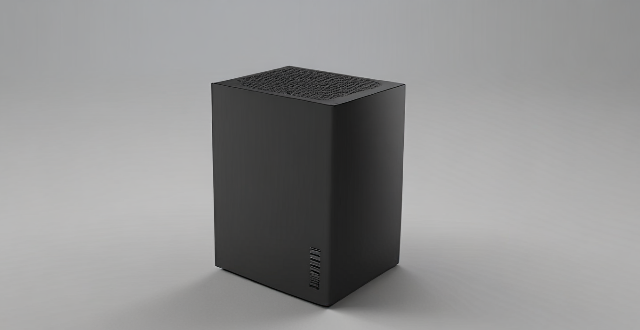If your computer's power supply fails suddenly, it can cause a range of issues and potential damage to your system. The most immediate effect is that your computer will shut down abruptly, potentially causing unsaved work to be lost. In rare cases, a sudden power failure can cause physical damage to components within your computer. Long-term effects include corrupted data, operating system issues, and shortened hardware lifespan. To protect your system and data, use a reliable PSU, backup regularly, and consider using an uninterruptible power supply (UPS) for added protection.

What happens if my computer power supply fails suddenly?
If your computer's power supply fails suddenly, it can cause a range of issues and potential damage to your system. Here are some possible consequences:
Immediate effects
- System crash: The most immediate effect is that your computer will shut down abruptly, potentially causing unsaved work to be lost.
- Data loss: If you haven't saved your work recently, you may lose important files and documents.
- Hardware damage: In rare cases, a sudden power failure can cause physical damage to components within your computer.
Long-term effects
- Corrupted data: If the power supply fails while writing data to your hard drive or solid-state drive (SSD), it could corrupt the file system or even render the storage device inoperable.
- Operating system issues: A sudden power outage can cause problems with your operating system, such as boot issues or other software-related errors.
- Shortened hardware lifespan: Frequent power surges or failures can shorten the lifespan of your computer's components, especially sensitive parts like the CPU and motherboard.
Steps to take after a power supply failure
1. Check for visible damage: Inspect your computer for any signs of physical damage, such as burnt components or melted plastic.
2. Test the power supply: Use a multimeter to test the voltage outputs of your power supply unit (PSU) to determine if it has failed completely.
3. Replace the PSU: If you confirm that the PSU has failed, replace it with a new one from a reputable manufacturer.
4. Backup your data regularly: To prevent data loss in case of future power failures, make sure to backup your important files regularly.
5. Use an uninterruptible power supply (UPS): A UPS can provide temporary power during brief outages and protect your computer from power surges and spikes.
In conclusion, a sudden power supply failure can have both immediate and long-term consequences for your computer. It's essential to take appropriate measures to protect your system and data, such as using a reliable PSU, backing up regularly, and considering a UPS for added protection.